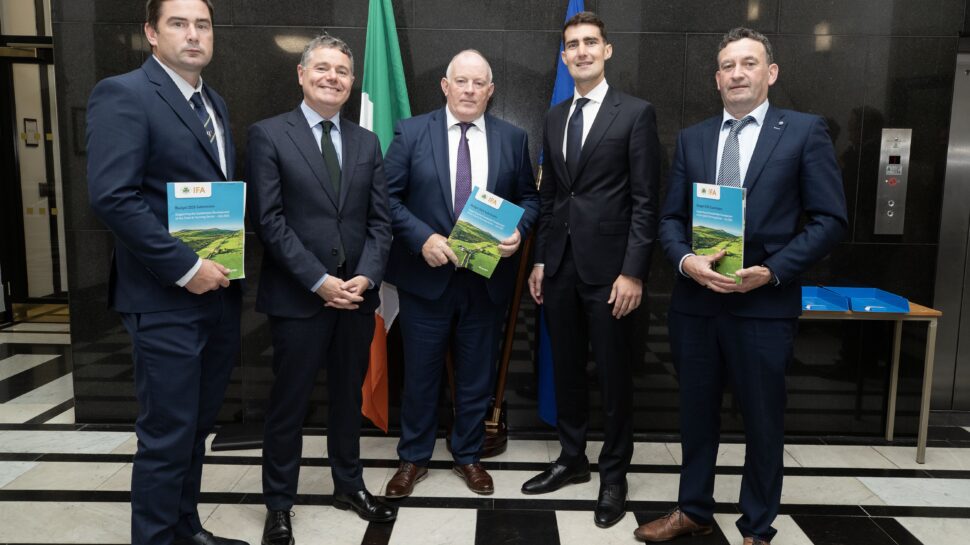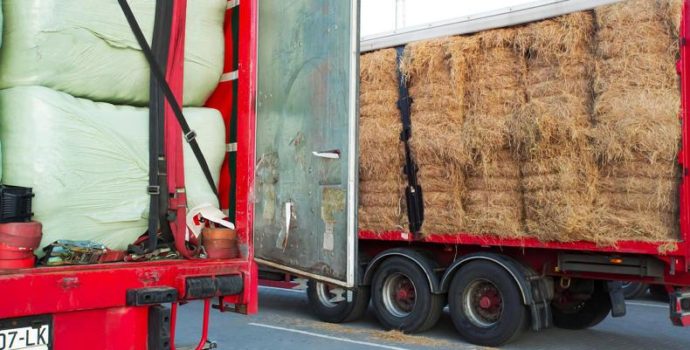IFA Reaction to CSO Analysis of Agri Surplus for 2023

IFA President Francie Gorman described today’s CSO’s analysis of farm incomes for 2023 as the starkest in over a decade and confirm the massive drop in family farm incomes outlined in the 2023 Teagasc National Farm Survey.
It shows a reduction of nearly 50% last year when compared to 2022, putting huge pressure on farm household budgets.
“This level of volatility is on a scale that individual farm businesses simply cannot handle. It also illustrates the cashflow problems that exist in every sector due to the unpredictability of output prices and stubbornly-high input costs,” he said.
The IFA President said this was one of the dominant themes of the meeting earlier this week with Ministers Jack Chambers and Paschal Donohoe.
“We are operating in a high-cost economy, but farmers are at the mercy of international price fluctuations. As sole traders, we cannot pass on our costs and so we find our margins diminishing. The October Budget has the capacity to address some of these issues and we put them to both Ministers,” he said.
Francie Gorman said the figures for tillage and dairy show the biggest drop last year, with cereals down 30% and dairy down 26%.
“We have put a proposal to Government for a support package for the tillage sector. Today’s analysis underlines the urgency of this. TAMS ceilings will have to adjust to take higher costs into account, with an additional allocation needed to ensure there is proper funding for the new slurry storage grant aid scheme proposed by the Government last week.”
IFA will hold the first of four regional meetings in Cork this evening to discuss farm finance and cashflow, to which the main banks and the credit unions have been invited.
“The wider agri-sector will have to shoulder some of this. The burden is too great for individual farmers to trade their way out of the impact of these extreme swings. We will be looking for support as bills fall due,” he concluded.




